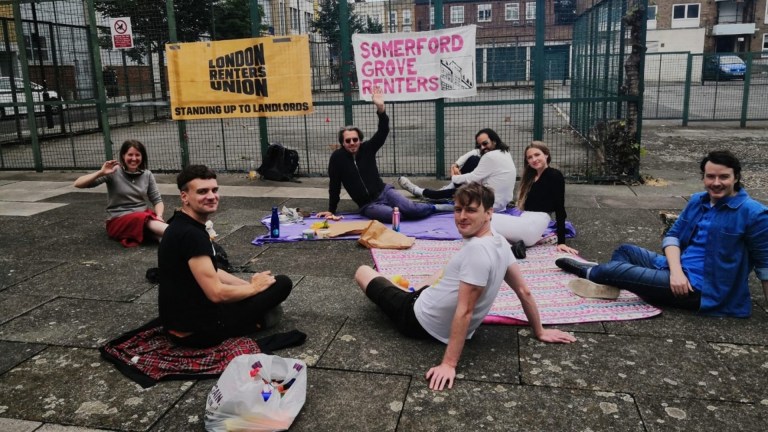The government risks pushing thousands of households into “poverty, problem debt, and homelessness” if it goes ahead with the planned cut to universal credit in autumn, according to a group of housing charities and campaign groups.
A joint statement by eight organisations, including The Big Issue, accuses the Westminster government of making “no assessment” of how the freeze to housing benefit introduced in April combined with the upcoming £1,000 a year cut to universal credit, due to come into effect as the furlough scheme ends, will affect families.
“As organisations representing landlords, letting agents, tenants, people facing homelessness, and debt advice services, we are united in calling on the UK government to complete and publish a full assessment of the impact of both of these policies on the ability of renters to meet their housing costs,” read the statement.
“We believe that the UK government should reverse its decisions to cut universal credit and to freeze local housing allowance. To apply policies like these without doing any meaningful impact assessment is, we argue, lacking the necessary foresight and consideration of the impact they will have on people’s security of tenure and well-being and for many will threaten their chance of recovery.”
The statement comes from debt charity StepChange, the National Residential Landlords Association, Nationwide Building Society and its specialist arm Mortgage Works. homelessness charities Crisis and Shelter, industry body Propertymark, and The Big Issue’s Ride Out Recession Alliance.
Sign The Big Issue’s petition to #StopMassHomelessness
The number of households receiving rent support more than doubled between February 2020 and 2021, to 1.5 million, according to government figures. More than half of that number already don’t receive enough support to pay their rent.
The government increased universal credit by £20 per week at the start of the pandemic alongside the furlough scheme to help employers and workers. Both are due to end in September while the UK economy is still reeling from the impact of the Covid crisis.
“With levels of unemployment still higher than before the pandemic and many getting left behind, we can’t afford to be complacent, especially with the threat of further layoffs looming when the furlough scheme ends next month,” said Paul Noblet, Centrepoint’s government and parliamentary affairs lead.










